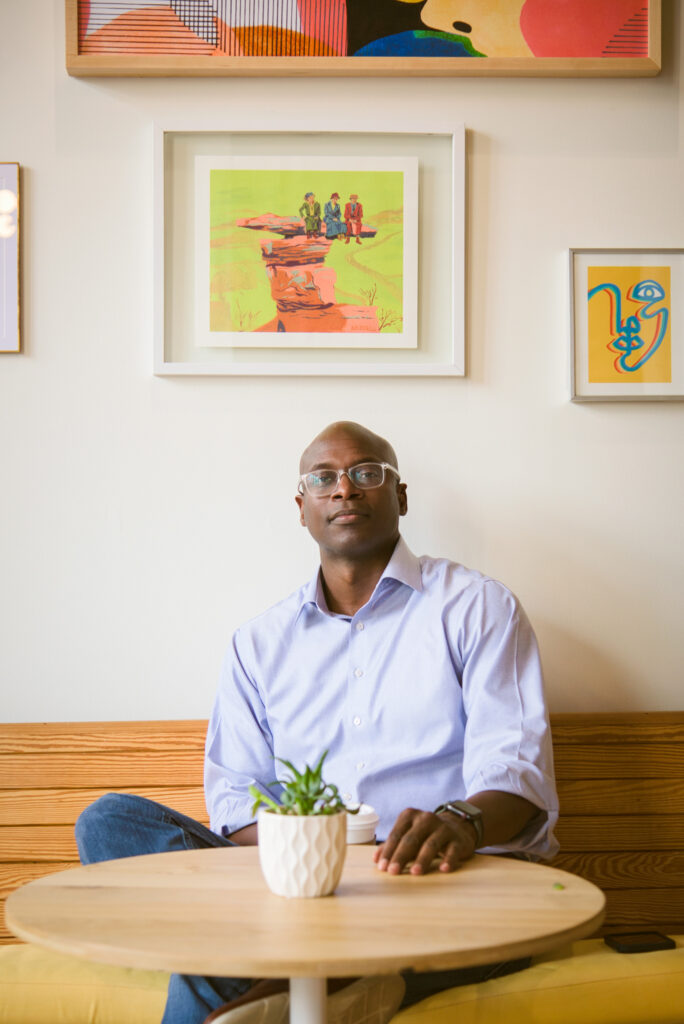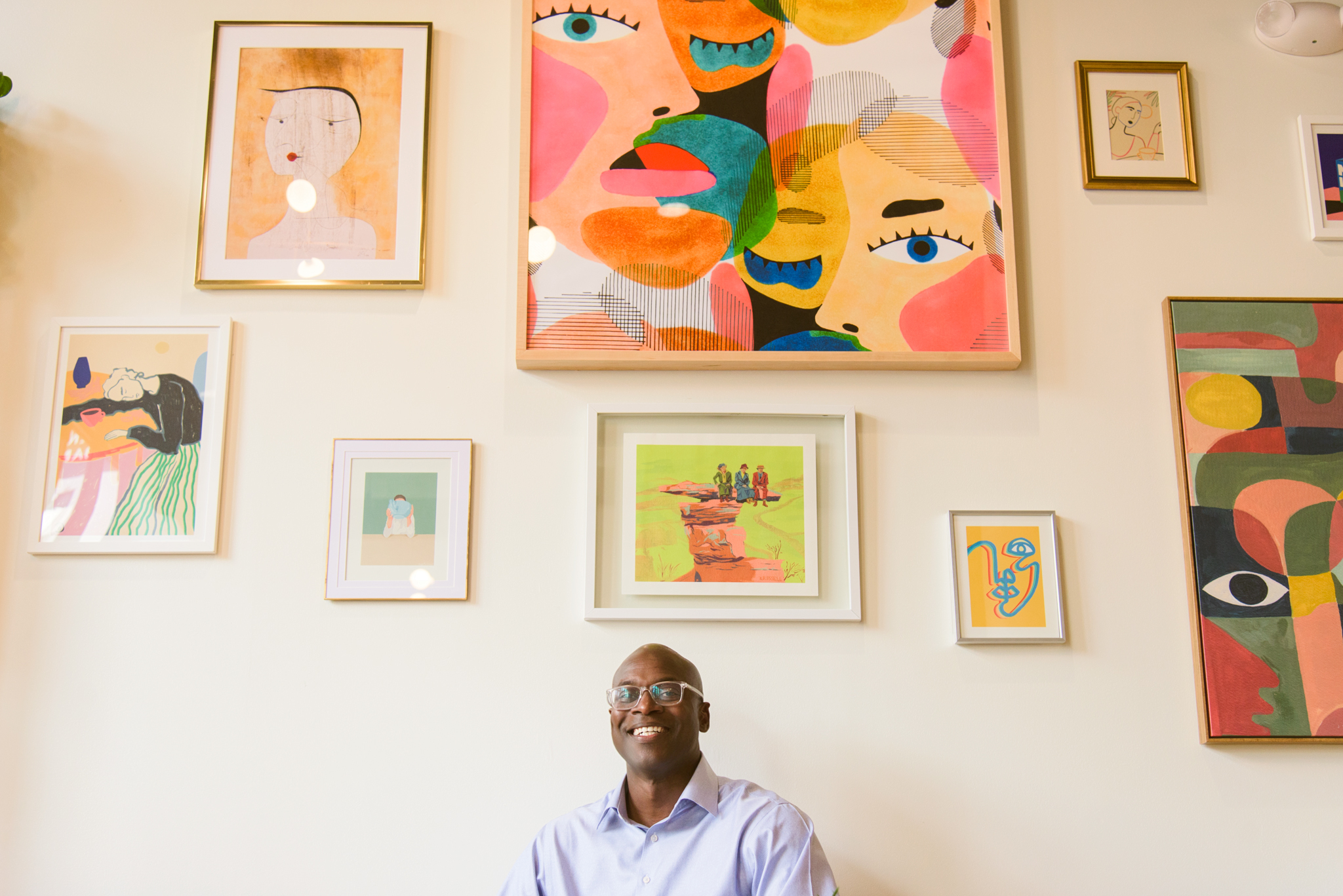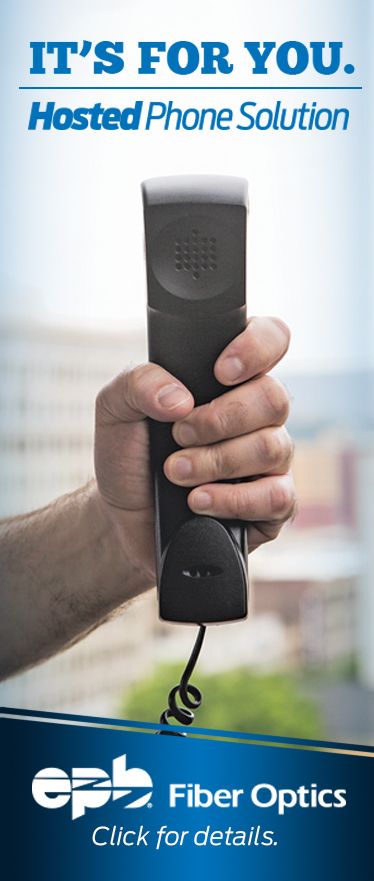Business leaders are tapping into popular personality-profile assessments to help drive performance, assemble strong teams, and improve organizational culture. TREND sat down with Wade Hinton, CEO and Founder of Hinton and Co., whose local firm has developed niche expertise in deploying both the DiSC® and Enneagram personality-assessment tools to help companies plan and execute a strategy for building a diverse, inclusive workplace.
TREND: Why are DiSC® and the Enneagram your preferred tools for assessing personality profiles?
Hinton: When an organization or group conducts personality or behavioral-style tests, it’s helpful to first take a step back and see how people in a company or on a team “show up,” and how to interact and engage with those folks. One type of assessment can be preferable to another depending on a team’s or an organization’s stated goals. DiSC® focuses more on communication style and approach to work, or how someone likes to receive information.
Really these two tools are useful for any organization that’s driven to work through obstacles, to solve problems by way of motivating and influencing their people. Personalities and communication styles strongly influence a person’s approach to work: For example, some people cannot move forward with an assignment without first knowing the “Why?” Others are wired to move through their tasks quickly. Another team member may be someone who’s very process oriented. What’s your approach to communicating with any of these three personality types? If you’re a leader, you’re constantly trying to adjust your management style to where your employees actually are, because you’re trying to ensure they’re successful and performing.
TREND: What’s a typical example of when an organization might undertake administering one of these assessments for their employees?
Hinton: Usually there’s a group retreat or strategy session where leadership is spending some significant amount of time together and want a process to get to know each other better. It doesn’t have to be a mature organization; even startups can use these assessments on an almost-daily basis to better understand various team members, how their colleagues process information and approach their responsibilities. Understanding diversity of personalities and work styles really matters: I know I’m more of a visionary, so I love having someone on my team who gets process.

TREND: What advice do you provide companies on applications for the DiSC® and Enneagram personality-profile results when they’re ready to develop a diversity and inclusion strategy?
Hinton: Every individual has value and the potential to lead; it’s about finding opportunities to unlock that talent so a person’s value and leadership potential can be revealed and expressed in ways that benefit both the organization and the broader community. To do that right, you must be intentional: We’re wired to do what we know—like recruiting from the same places from which we’ve always recruited, asking the same interview questions we’ve always asked, and promoting our products in the way we’ve always done. That won’t reflect the great diversity of our communities. So these assessments can help company leadership and employees to articulate what’s important to them and why—with the result being a diversity and inclusion strategy that’s sustainable, not just performative.
An organization needs to define why they’re pursuing a strategy for diversity and inclusion to begin with: For moral reasons? For legal or business reasons? What’s driving this work? Then it’s a matter of contemplating how to unlock talent, and the value assigned to inclusion, innovation, and diversity within their company and beyond. That might require a present-day assessment of their organizational demographic data, as well as evaluating company policies and existing programs. By studying where the organization is today, we can figure out a way forward.
TREND: Do you agree there’s a strong business case for diversity and inclusion strategies, to help increase a company’s bottom line?
Hinton: Just think about The Great Resignation, where you had people asking, “How do I progress by staying with this organization? How can I be successful here if I don’t feel like this is a place of belonging?” Companies that create a culture of belonging reduce turnover, which saves a ton of money on having to re-recruit and retrain. People of color also comprise around 40 percent of Chattanooga’s population. There’s so much talent growing up here: How can we capitalize on that diversity and provide opportunities? Certainly, we want to continue recruiting new talent here, but without losing sight of the talent we already have. Odds for retaining talent increase when those folks come in with deep existing ties to this community.
TREND: What about DiSC® and Enneagram for decision-makers and HR professionals?
Hinton: Think about these tools from the perspective of shaping great teams. It’s just another step toward understanding how diversity reveals itself within an organization. We become aware that we have someone in the room who can create a vision, someone else who can identify and solve problems, and another colleague who can put structures for success in place.
TREND: How do these tools marry up with an organization’s DE&I strategy?
There so many dimensions to diversity. When you can create connections around topics like personality and understand how yourself or a colleague “shows up” in the workplace, and then become better able to meet that person where they are – that’s a great way to create inclusion.
We’ve also tended to settle on archetypes of what a leader is: Confident, outspoken, extroverted. But some of your best potential leaders may turn out to have a personality that’s the opposite of that archetype. Leaders who become more self-aware of themselves and more empathetic to their colleagues’ unique personalities have a better understanding of their team members and colleagues. When more people feel seen, heard, and valued, it results in more impactful leadership. Insight into the value others bring, allows them the space, comfort and psychological safety to provide it.







